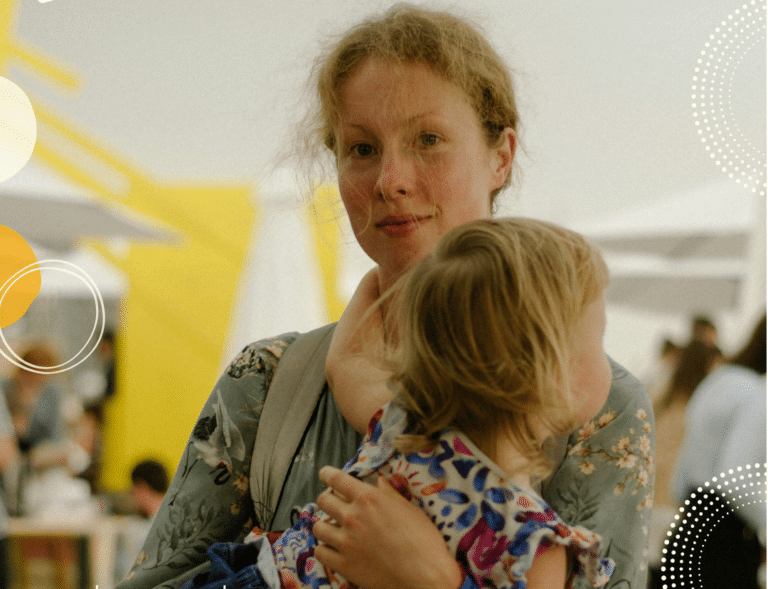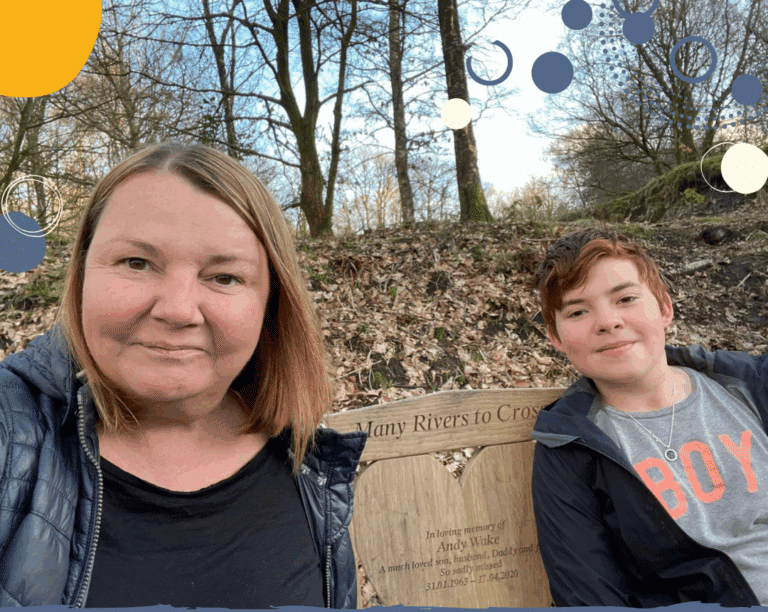Parenting as a team (despite different parenting styles)
There is something about caring for children alongside someone else that really highlights your differences. Whether it’s friends, your mother-in-law or your partner, you never really know someone until you share the care of children. Sometimes it’s a good surprise, sometimes not. But we discover things we didn’t know (about others and ourselves) when we are parenting as a team.
It might be that you and your partner have radically different parenting styles. It might be that you are co-parenting across the divide of divorce or separation. Or you may be a single parent who relies on friends or family members for support. But understanding who is in your parenting team and finding ways to work with them is crucial.
It’s easy to see when other people are getting parenting ‘wrong’. Usually, this means that they are doing things differently from how you would do it. Or in a way that contradicts your personal values. But (extreme harm aside), there really is no single correct way to parent in any given parenting situation. Within that sweet zone of warmth + boundaries, there is a lot of wriggle room. And a lot of judgement calls to make.
Parenting as a team means stepping away from a right-or-wrong mindset and seeing the value that each team member brings. It means learning to have child-focused conversations that put aside your differences and focus on constructive solutions. And finding a way forward that meets everyone’s needs. No-one said it was easy!
Whether you are stuck in a Good Cop/Bad Cop parenting dynamic or struggling with the challenges of step-parenting (or, indeed, trying to manage difficult grandparents), all good parenting teams share certain characteristics. Good parenting teams:
Understand…
…that parenting is difficult and that no-one has a monopoly on the ‘right’ way to respond in any given situation.
Appreciate…
…each other’s efforts, strengths and needs.
Nurture and support…
…each other’s relationships with each child.
Talk without blaming…
…when there is a difference of opinion or approach.
Problem-solve…
…big issues constructively and agree strategies to try out.
Compromise…
…to find a way forward that meets everyone’s needs.
Value…
…different contributions to the parenting team (because having different strengths in a parenting team is not a bad thing).
Discuss…
..differences and problems away from the children.
Distribute…
…the load fairly.
And if your co-parent won’t do any of these things? Sometimes we have to lead the way by setting an example, walking the talk and creating our part of the team we want to be in.
No co-parenting team is ideal and parenting as a team will not always work out. We know that growing up in a high-conflict environment is not good for children. So if you find that differences over parenting are becoming toxic, reach out for support or mediation (Relate might be a good place to start).
NEXT: Watch this short video on How to avoid arguing about parenting






